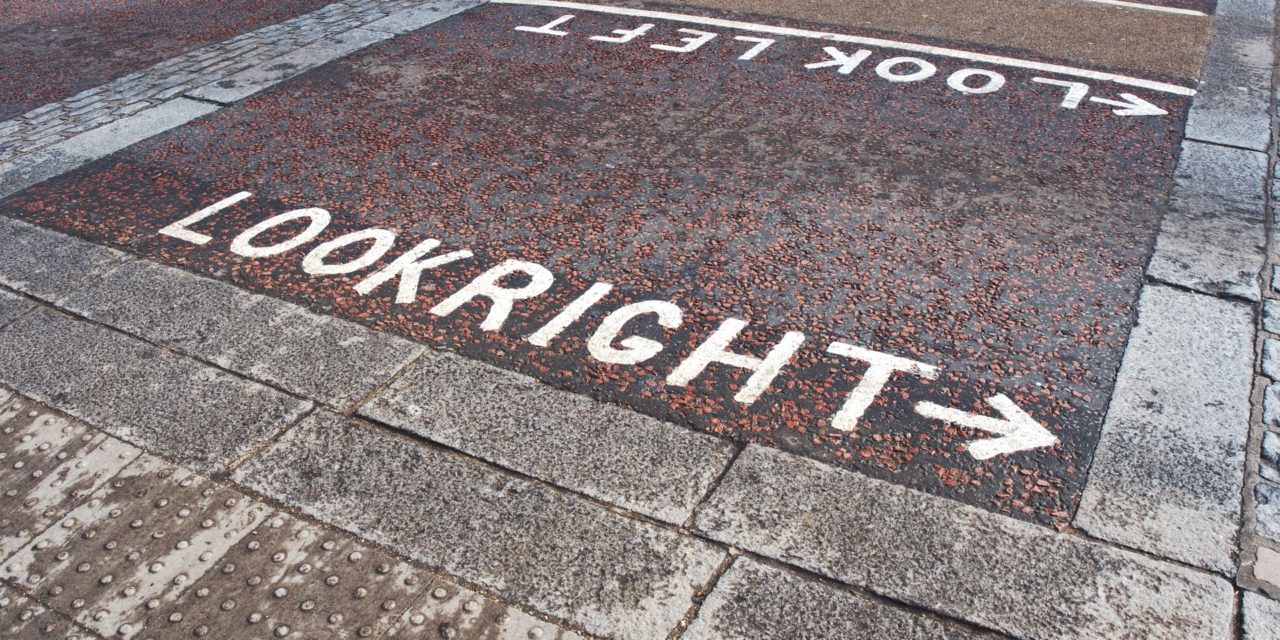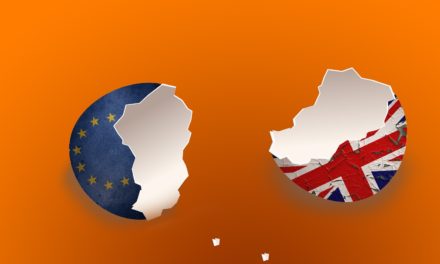Imagine if politicians went on TV quiz shows. “Your first question Mr Gove… How many bears lived in the house that Goldilocks visited?” I suspect the answer might take some time. “Well, it’s a little early to say exactly, but it is my belief that the number is rising in line with our expectations. However, we’ll have to keep an eye on it and will do everything required to get the best possible result”.
The Labour Party would be no better. “The situation is complicated and before we can reach a statement we can commit to, we would need to hold a meeting of the bear-counting committee, whose findings would be ratified by the appropriate working party, who would then require a two-thirds majority before making a recommendation to the General Council about whether we could take a vote, given that we would need all types of bear to be equally represented.”
Three things will stand out when someone writes the political history of Britain in early 21st century.
- It wasn’t actually as turbulent and challenging as we all remembered
- The reason for the above was that few politicians actually understood what their job was
- But it led to a genuine revolution when the system of governing a country changed forever
The first two points above were beautifully illustrated time and again during the Brexit debate, but one lovely example of the different approaches to this half-baked fuck-wittery came on an evening in October when Channel 4 news had interviews with Michael Gove and Rebecca Long Bailey.
Mr Gove defended the Government’s decision to shut down parliament with his usual slithering insincerity. I’m sure Big-G is a man of many talents, but hiding the truth clearly isn’t one of them, as he has chosen to demonstrate repeatedly over the last few years. Watching his performance was akin to asking a five-year-old with a toilet stuck on his head what happened to the goldfish?
The item continued with Ms Long Bailey, who presented the alternative to slithering deception with her renowned ‘Life-of-Brian’ tribute. In this favourite of the Labour party she described in how they’d had a meeting that morning to discuss whether or not they had a mandate for a secondary meeting to discuss the size of a mandate required in order to call the committee together for a special conference on what proportion of the membership would need to agree to putting forward a motion about something or other. To be honest, some of the above might not be accurate, I could have fallen asleep. But you get the picture and I’m sure you’ve heard the same words uttered by a hundred Labour frontbenchers in the last 900 days.
It’s easy (too easy) to pick on these two particular MPs, but the truth is that the one thing that has unified all of Parliament in the last three years is a collective inability to convince absolutely anyone that they understood anything about why 52 per cent of the country voted to leave the EU. Even those on the winning side don’t appear to get it.
It’s a fascinating time for politics and very probably the last hurrah for a generation and style of politicians who have always shown little-but-contempt for the electorate they serve.
Politics has become dominated by the interests and involvement of big business. We know through the gallant (and all-too-often-accurate) efforts of publications such as Private Eye, how deep the tendrils and mycelia of big business are woven into our Parliament.
The difference in the last 20 years is that, where this used to be a solely Tory thing, Tony Blair’s Labour Government actively wooed big business too, giving every MP on both sides of the house a green light to tuck-in at the trough full of dodgy-corporation cash.
And they would have got away with it too, if it weren’t for those pesky journalists and social media sleuths picking up on what might or might not be actually going on out there. The way we communicate has changed beyond recognition and, if Brexit and Trump showed us anything it was how ‘they who control the message to the masses will win the fight’.
Social media has destroyed the concept and value of truth because, the reality is that my truth can be very different to yours. When you take the viewpoint that just excited you and blend it with some other different views on previous-but-now-related (because someone just related them) incidents, you can come up with a whole different perspective on what just happened all over again.
The first casualties might just be our traditional politicians and their parties, because, as was seen graphically during Brexit, they clearly have no idea how to deal with what is going on. It’s impossible to be either government or effective opposition when every single thing that you try and do can be instantly undermined with a slightly remodelled version of what you might-have-said that gets shared so quickly among groups on social media that you don’t even know exist.
The politicians try and fight this by doing the rounds of traditional media; tv, press, radio and looking increasingly desperate as their personal interpretations of the truth (or attempts to avoid saying anything) unravels. But the reality is that the social media generation aren’t listening because they left those traditional platforms behind a long time ago.
And, to be fair, even if they try and avoid it, the coverage on mainstream media can’t help but be skewed because, somewhere, somehow it has to be edited to fit four hours of parliamentary debate into a three-minute news item. To see this in action, next time there’s an important debate in UK politics, record the whole thing live on the parliament channel and watch it all. You will be genuinely amazed at how many eloquent, interesting and informed contributions are made on both sides of an argument, only to be comprehensively ignored when the debate is reported on the evening news bulletins.
I get it. Someone has to edit this stuff and that means making a choice based on what that someone considers the most important contributions. But everything that happens afterwards in the mass media becomes based on that edit, which is where the problems begin.
And that got me thinking. What if we did politics completely differently. What if we replaced the parliamentary parties with a policy-making system based on jury service? Bear with me, because this might take some explaining.
The fundamental idea is that we, the people take it in turns to be politicians. When an issue comes up for debate, such as a five year plan for social care, we put together a number of committees made up of ordinary citizens, from all walks of life, chosen at random, to discuss and debate it. There would still be civil servants around and legal experts too, to make sure we don’t accidentally start a war with Denmark or something equally stupid, but essentially, it’s we, the people who really do decide.
And that’s not so stupid, because, truth is, most people, once removed from their comfort zone and placed in a room with others and a serious job to do, are capable of doing wonderful things. Plus, you don’t need a degree in Egyptian algebra from Oxbridge to work out how to fix the railways.
This way would remove the left/right nonsense from politics that hasn’t meant anything for 20 years. It also removes the opportunity for big business to get its teeth into politicians because, firstly, they wouldn’t know who the politicians were until it’s too late and, secondly, they’ll be replaced by someone else next month.
We wouldn’t need a prime minister, because, we’ll, we just don’t, really. Instead, the head-of state, whether royal or elected could do the dull stuff, having lunch with the Trumps and a bit of Christmas messaging and ceremonial waving from time-to-time.
There would clearly need to be some grown-up roles to lead the direction in things like the economy, health and defence. It’s a bit much to expect Brenda, a seamstress from Wigan to solve a diplomatic crisis in Moscow on her own.
Because the temporary politicians had no long-term careers to protect, they’d have no reason not to tell the truth. And because most of the important projects would require many different groups to see them through you wouldn’t have to worry about being blamed because…shit happens and sometimes we get things wrong.
Clearly, I’m being optimistic, naïve and a bit dim here, but is this idea, given some time to mature, really any worse than the braying opportunism we see in the House of Commons right now?
All the former politicians could go back to being lawyers or slink off to work officially for the big corporations who pay the bulk of their current earnings anyway.
Failing that, there’s always a career hosting quiz shows.










